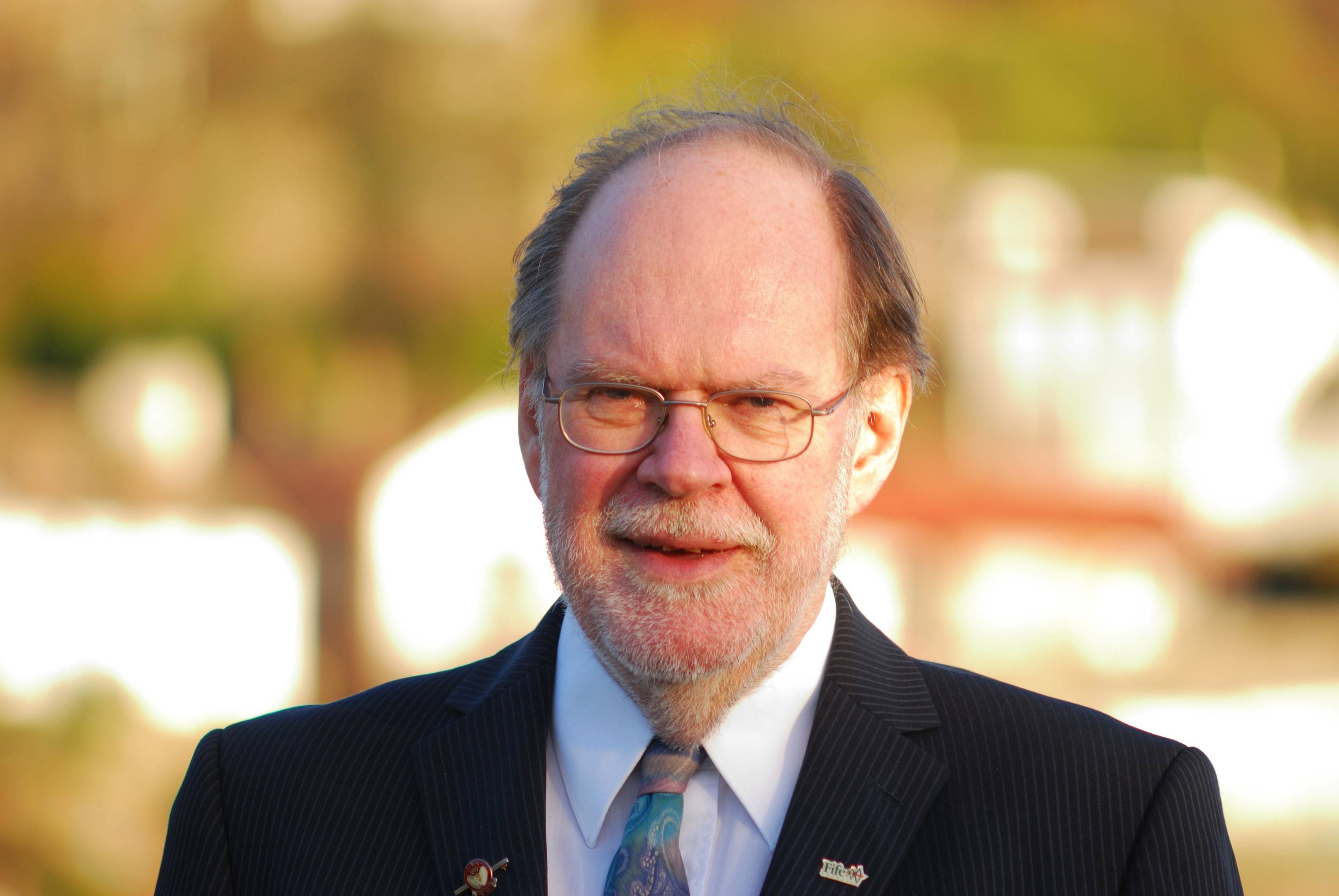Fife Council’s opposition leader has accused the new administration of discounting the opinion of thousands of voters by deliberately excluding the Conservatives.
Tory leader Dave Dempsey described the SNP and Labour, who have signed a joint power-sharing agreement in the region, as “strange bedfellows” who got together solely out of necessity.
Mr Dempsey put forward a motion at Thursday’s full council meeting calling on all parties in Fife to work together for the good of local people.
This was rejected by the administration and the Liberal Democrats, who said they would not work with any party that would not sign up to an anti-austerity agenda.
Mr Dempsey claimed Labour leader David Ross had been unable to give him a definition of anti-austerity other than to say he would know it when he saw it.
“It seemed odd at the time but in light of events in Aberdeen, it now makes sense,” he said.
“Councillor Ross couldn’t talk to us because his superiors wouldn’t let him.
“So instead he’s in bed with Councillor Alexander, the recipient of some of his most trenchant criticism over the last few years.
“Necessity makes strange bedfellows. At least Councillor Alexander can give as good as he gets.”
The Conservative leader said his party would engage as positively as it was allowed to but added: “The power-sharing document makes much of being inclusive yet it’s clear that it was put together for the express purpose of excluding the Scottish Conservatives following our spectacularly good results on May 4.
“That’s not good but much worse is the message it sends to the thousands and thousands who voted Conservative on that day, many for the first time.
“It tells them that, in the eyes of both Labour and the SNP, their opinion doesn’t count.”
Mr Ross said one of the main aims of the administration was to reduce poverty and deprivation and stated: “I can’t sign up to the Conservatives’ principles.
“I’m not prepared to work with the party that brought in the bedroom tax, for example.”
SNP councillor John Beare added: “It’s two parties who have traditionally knocked lumps out of each other but if we can reach an agreement and come together with a joint power-sharing agreement that covers most policy matters in a relatively short time period, that’s to be welcomed.”










